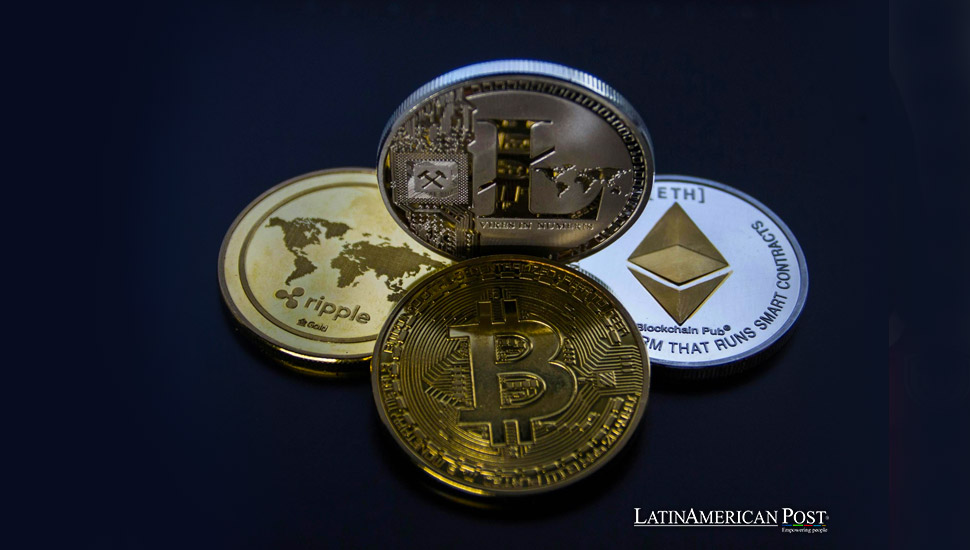What to Keep in Mind When Using Cryptocurrency in Latin America

The use of Cryptocurrency continues to rise on the global market including the Latin American region. However, there are some issues, which are worth considering when speaking about digital currencies in this region. Here are key factors to consider:
Understanding the Local Laws and Regulations
The legal status of cryptocurrencies in the countries of Latin America is not homogeneous and significantly differs from one country to another without immediately clear rhyme or reason. While some countries have very enthusiastically accepted digital currencies into their markets and economies, there are others that have either severely limited or outright banned them. It is of very high importance to understand the rules concerning cryptocurrencies in your country of residence. For instance, El Salvador embraced Bitcoin as a legal tender, on the other hand, Bolivia has prohibited its use. This way, one will be able to go about the area without having to break the law and or flout any set rules.
Choosing the right Cryptocurrency Exchange
Consequently, as you might imagine, one has to be very cautious when selecting a cryptocurrency exchange to use for transactions so that one is not inconvenienced in any way and also to ensure that the funds are safe. The suggested exchanges can be the most probable to support local currencies and legal tender since they are popular and reputable within the Latin American area. Select a platform that has good security features that you can use, has a simple interface that is convenient for use, and has quality customer support. To understand the credibility of the exchange and the feedback given by the users, it is also essential to look at the history of the exchange.
Security Measures
Your digital assets need protection and you should be worried about them. Keep your cryptocurrencies in hardware wallets or in safe software wallets. Ensure that you have activated the two-factor authentication on your accounts and ensure that you do not succumb to phishing scams. Others are avoiding sharing of any information with others on the internet and changing passwords frequently. Find out some of the measures that are recommended for a person to take in order not to fall victim of hacks or scams and lose their property.
Market Volatility and Its Application and Impact on Transactions
Cryptocurrencies are quite unstable and the Latin American markets are no exception. Cryptocurrencies like the Bitcoin have high volatility and this will definitely influence the value of your transactions. For instance, the phrase “btc a dolar” is a query that is related to the conversion rate of Bitcoin to the US dollar. Volatility can greatly affect how much your cryptocurrency is worth in terms of what it can be used to buy. One should always ensure that he or she is aware of the market trends and the right time to enter or exit the market to minimize losses.
Adoption Rates and Merchant Acceptance
Unfortunately, the usage of cryptocurrency is valued to varying degrees in Latin America. Of course, there are regions and organizations that are open to digital currencies while there are those that are not. When dealing with cryptocurrency for business, ensure that they accept it since there are limited business that accepts it. Look for nearby stores that accept BTC or other digital currencies and prepare to pay in cash or with a card.
Legal Consequences and Filing
The rules and regulations of taxation of cryptocurrency transactions can be rather complex and the laws can vary in different countries. In some Latin American countries, the usage of cryptocurrencies attracts capital gains tax, but in some other countries, they may attract a different form of tax. It is recommended to have proper knowledge about taxes in relation to cryptocurrencies and it is recommended to keep all the records. It is recommended to consult with a tax consultant who can help in understanding the taxation rules for the given cryptocurrency in your country.
Access to Quality Internet and Technology
A stable and fast internet connection and modern gadgets are necessary in the usage of cryptocurrencies. However, especially in some Latin American countries, there may be problems with the internet connection or its speed, which will influence the transactions. Ensure that you have a very high-quality stable internet connection and the relevant gadgets such as a phone or a computer to control your cryptocurrencies.
Cultural and Economic Considerations
Social and economic reasons may be determining factors in the use of cryptocurrencies in Latin America. Economic problems in some nations have led to the use of cryptocurrencies as they are a better option than the standard banking systems. However, the culture and view of digital currencies may vary. Thus, increasing the level of knowledge concerning the positive and negative aspects of cryptocurrency can really contribute to the formation of a much more favorable attitude towards it. Understanding the culture and the economic status of the locality will help you determine the right steps to take concerning the use of cryptocurrencies.
Using Cryptocurrency for Remittances and Cross-Border Payments
Cryptocurrency is a very big chance to use remittances and cross-border transactions in Latin America. The traditional method of sending money transfers is very expensive and time-consuming as the charges are usually high and the processing time is usually long which makes digital currencies such as Bitcoin to be cheaper and relatively much faster. Through digital currencies, people can transfer money from one country to another with low charges and within a very short time. This is crucial especially if the society receives a large amount of money in the form of remittances from family members working in other countries. But one should always know that cryptocurrencies are highly volatile and both the sender and recipient should know how to convert the received cryptocurrencies back into the local currency. Also, it will be useful to be aware of the current rules regarding cross-border operations to avoid potential legal issues and maintain a positive experience.




